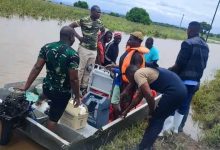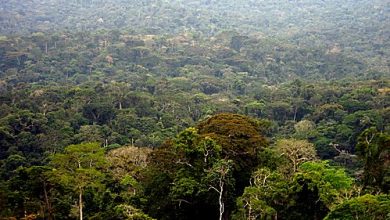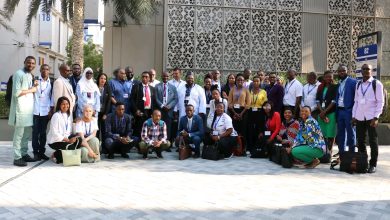Repetitive floodings in Bukavu: Causes, responsibilities and solutions.
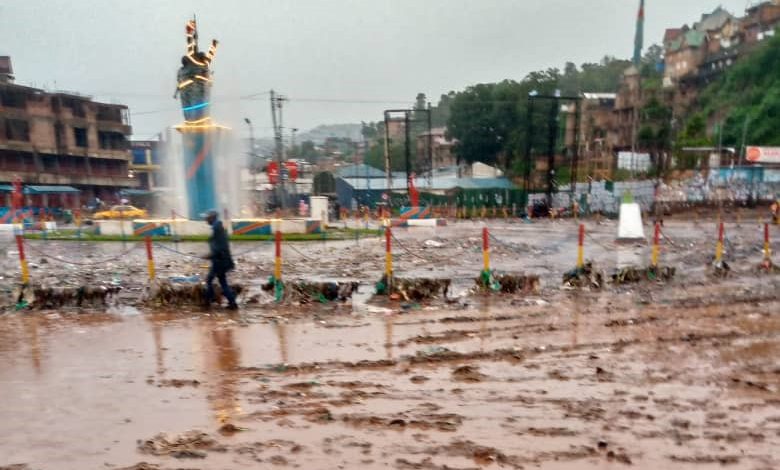
By Prosper HERI NGORORA, 7 January 2024.
The Democratic Republic of Congo is a signatory to several international treaties aimed at struggling natural disasters. Despite all this, the country has been hit hard this year, raising questions in public opinion.
More than 40 people have been reported dead in different circumstances the only month of December 2023 in repetitive floods in Bukavu, the major city of South Kivu province, in the Eastern of Democratic Republic of the Congo.
The night of 10 to 11 December, 15 people have lost their lives when floods have devastated residential areas in that city, formerly known as Costermansville in colonial era.
And at the down of 27 December, 25 other people died after heavy rains in the city which caused many casualties.
Local authorities stated that houses were built on unsuitable sites, but are unable to evoke their responsibilities in those natural disasters as decisions-makers.
Landslides and collapse of houses are repeatedly reported in Bukavu, raising questions about responsibilities of each other between residents and authorities and perhaps some non-governmental organizations.
“Anarchic constructions, the non-presence of an urbanization plan, decongestion plan, rural exodus which makes the city to be overcrowded are some causes of floods and landslides in Bukavu. The city was built with the capacity of to have 100.000 inhabitants in it, but has more than 2 million inhabitants today” Samuel Matabaro from Initiative Simama Grands-lacs, a civic engagement movement based in Bukavu.
He proposes the extension of the city, which according to him, will spare many lives in the days to come.
Despite rural flows of population from insecured villages in many corners of South Kivu, like several other cities in the DRC, Bukavu does not respect the standards of a sustainable city as desired by the United Nations, through Sustainable Development Goal 11 which aims to make cities “inclusive, save, resilient and sustainable”
By the concept sustainable city, we understand an urban center engineered to improve its environmental impact through urban planning and management.
Road and bridges are not upgraded, stormwater drainage systems are not improved, seawalls and floodwalls are not present in quite a number of cities in DRC.
All these facts are the basis of flooding, landslides and leaking walls during torrential rains and violent winds in Bukavu, says an observer.
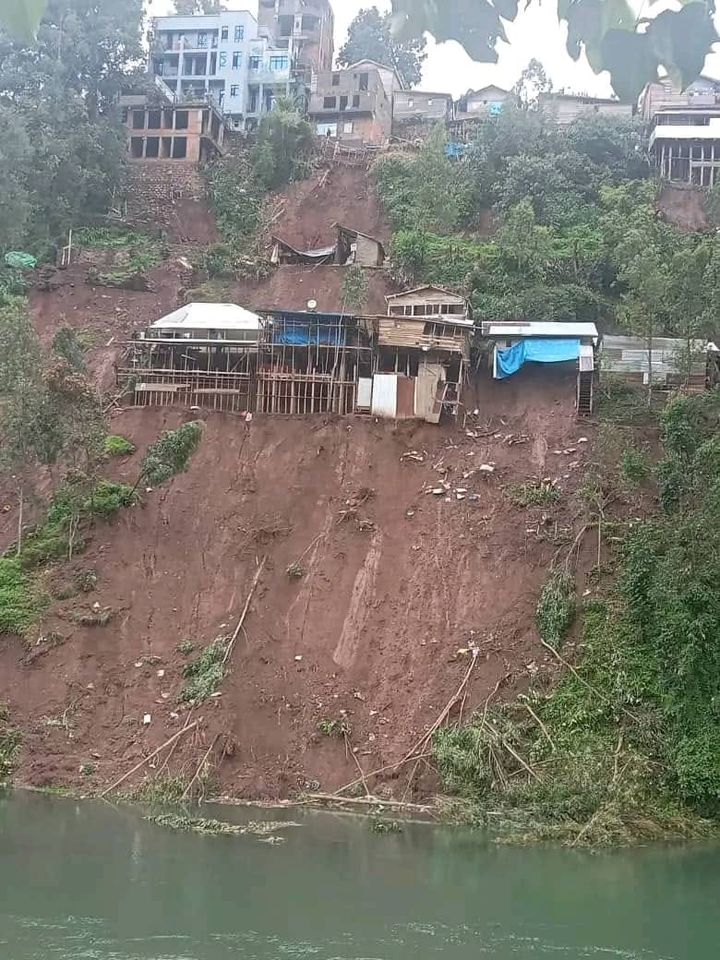
Friday 5 January 2024, the government of DRC called for solidarity and emergency relief to try to save lives, in the face of multiple cases of flooding across the Republic.
These floods observed across the Republic caused at least 300 losses of human life.
In addition, more than 43,000 houses collapsed, 1,325 schools destroyed, health centers affected, public markets affected and roads become impassable, revealed Modeste Mutinga, Minister of Social Affairs, Humanitarian Actions and National Solidarity of the DRC.
Floods that have occurred in Kalehe, South Kivu in May 2023 have led to more than 500 dead and many others have missed to the call.
Important damages were also reported in this natural disaster.
According to Carbon brief, an UK website dedicated to global warming, energy issues and public policies related to these subjects, at least 23 flood disasters have been reported in Africa in 2023.
Those natural disasters affected many countries including Angola, Burundi, the Democratic Republic of the Congo, Ghana, Guinea, Ethiopia, Kenya, Liberia, Libya, Mauritania, Mozambique, Namibia, Niger, Rwanda, Somalia, South Africa, Tanzania, Uganda and Zambia.
Although DRC have signed Sendai framework led by the UN Office for Disaster Risk Reduction (UNDRR) and it’s impacted by natural disasters.
All these facts are the basis of flooding, landslides and leaking walls during torrential rains and violent winds in Bukavu, says an observer.
The report for the Mid-Term Review of the Sendai Framework for disaster risk reduction, published in 2023 acknowledged that there has also been limited progress in implementing national and sectoral policies through budgetary mechanisms and intersectionality.
DRC being in the least developed countries category, needs important policies: To have tools as Early warning system, to launch construction of dikes, rigor in the fight against anarchic constructions, trees planting, rainwater channeling and so on.
In order to avoid floods in future, Samuel MATABARO believes that with willingness, it’s possible to end or to reduce consequences of natural disasters in Bukavu and anywhere in DRC.
“We believe that there will be change with the will of those who govern and those who are governed.
This is how we will fight against floods and other natural disasters in Bukavu and the DRC” he emphasizes.
Will Loss and damage fund, approved last year during COP28 in Dubai compensate for this problem?
Several questions are hanging and coming months will let us know.
Prosper HERI NGORORA
This story was produced with the support from MESHA and IDRC Eastern and Southern Office for Science Journalists reporting on COP28.


